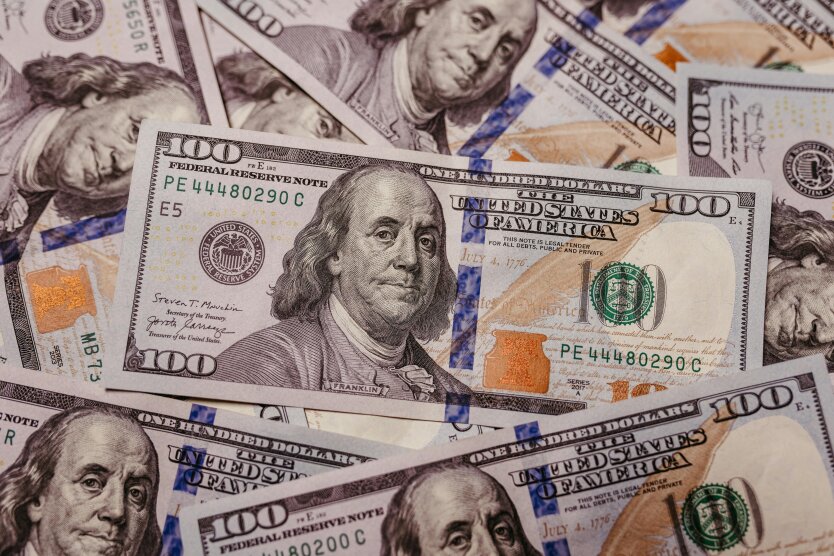Trump's Tariffs and the Dollar's Decline: What is Happening with the American Currency.
07.04.2025
3012

Journalist
Shostal Oleksandr
07.04.2025
3012

The tariff policy of President Donald Trump has led to a decrease in the value of the US dollar. This reflects investors' concerns about a recession, particularly in the US, and suggests that the country's policies are making America more risky in the long term, Axios reports. After the presidential election, the dollar strengthened as investors were optimistic due to expectations of deregulation, tax cuts, and economic growth. However, after the inauguration, the dollar's value began to fall. Prior to Trump's announcement, investors believed that the new tariff policy would improve the dollar's condition, WSJ reports. 'They had a reason. The idea that tariffs make the dollar more valuable has been part of economic theory for 100 years,' Axios quotes Joseph Gagnon, a senior fellow at the Peterson Institute specializing in exchange rates and monetary policy. A study by the International Monetary Fund covering 151 countries showed that the decline in the dollar's value still pertains to the short-term perspective. The rules of supply and demand also apply to currency, explained economist Paul Krugman. The aim of tariffs is to reduce demand for imports, which results in fewer dollars available for trading on the currency market. Reduced supply leads to price increases, but this only happens when demand is stable. However, the impact of tariffs changes the picture. Markets are spooked by the risk of recession, causing the dollar to begin weakening. An overall economic downturn leads to a decrease in the dollar's value as the demand for money decreases. The dollar weakens more than other currencies because investors believe that the US economy is more threatened by tariff policies compared to other major countries. 'When US growth is negative, while growth in other countries is positive, the dollar, on average, weakens,' states Goldman Sachs' report for 2024. 'The negative consequences of US tariffs for the domestic economy leave the dollar vulnerable,' writes ING's global head of markets, Chris Turner. Alan Cole, a senior economist at the Federal Tax Policy Center of the Tax Foundation, notes that if people lose trust in the US as a place for investment, it may be linked to the tariff policy or the country's economic condition, he told Axios.
Read also
- The 30-Day Rule Introduced for Ukrainians in Poland: Everything Can Be Lost
- Free roaming in the EU turned out to have a catch: who among Ukrainians will have to pay extra
- Construction workers will receive a guaranteed salary increase
- In Ukraine, defense spending is set to increase sharply: the amount has been announced
- General Staff of the Armed Forces of Ukraine: Ukrainian drones hit an ammunition plant in the Moscow region
- Former Russian Transport Minister Starovoit Commits Suicide After Being Dismissed by Putin









